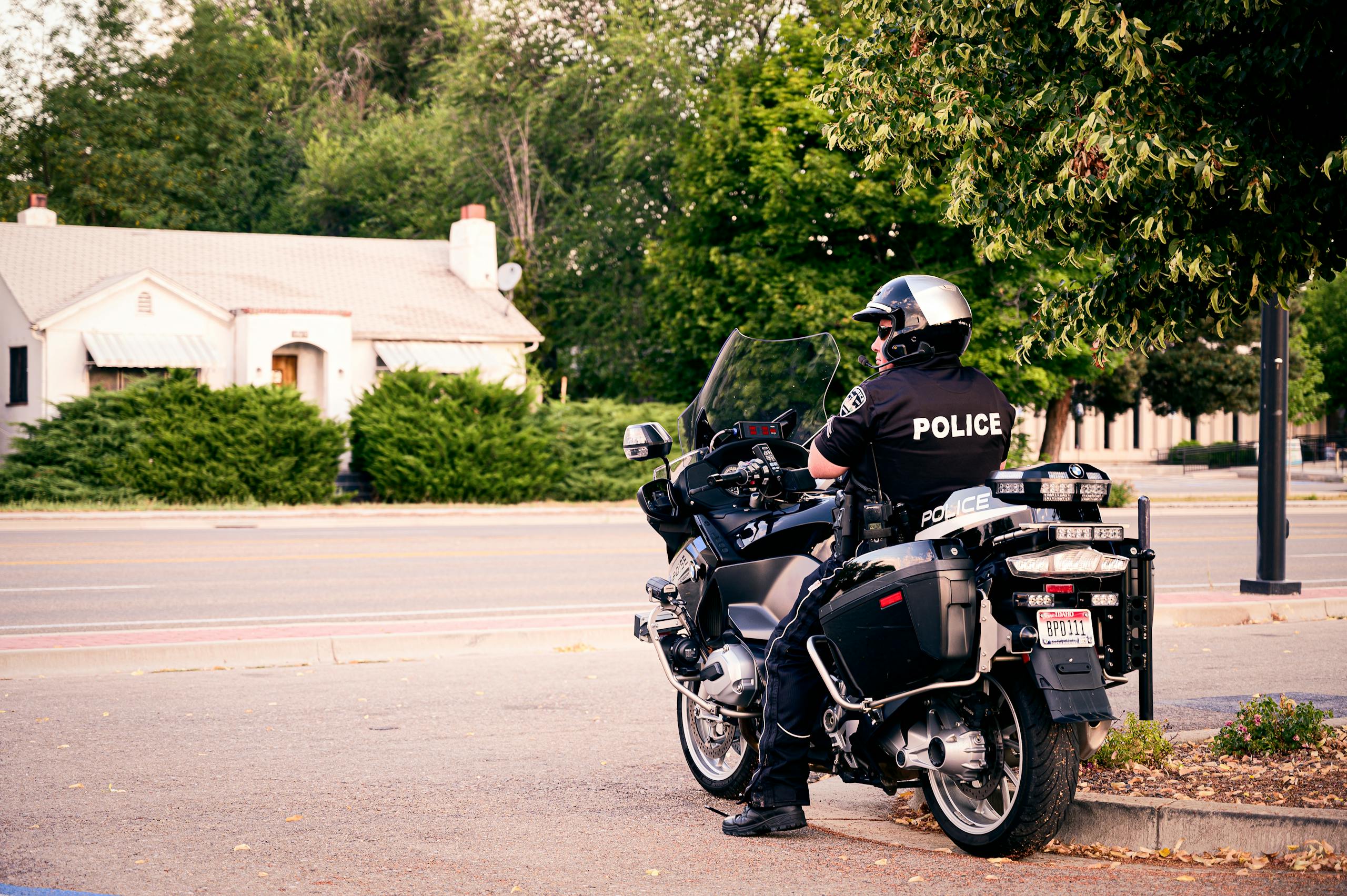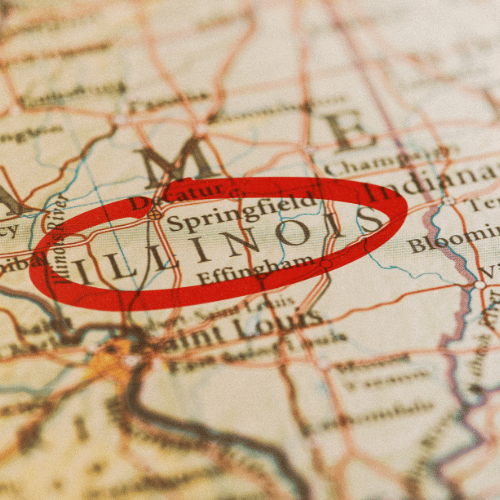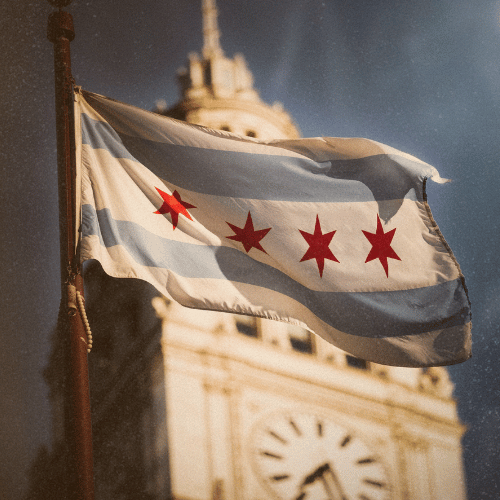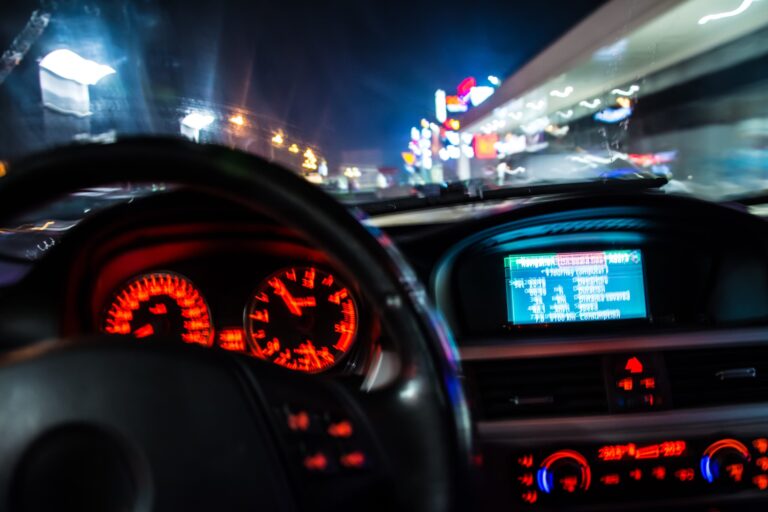What Do Officers Look for When Stopping You for a DUI in Illinois?
If you have ever been pulled over after a night out, even when you felt completely in control, you may have wondered what caught the officer’s attention. In Illinois, DUI enforcement is proactive, and officers are trained to watch for a wide range of driving behavior that may suggest impairment. Many stops begin with something small that turns into something much more serious.
Knowing what officers are looking for during a DUI stop can help you better understand how the process unfolds and what steps to take if you are ever in that situation.
Driving Behavior That Gets Noticed
Most DUI stops begin with a traffic violation. That does not always mean swerving across lanes. In fact, it is often something more subtle, such as:
- Drifting inside or outside your lane
- Unexplained or inconsistent braking
- Slow reaction time at traffic lights
- Driving significantly below or above the speed limit
- Forgetting to use your turn signal
- Rolling through stop signs
Even something as basic as a broken taillight or failure to dim your high beams can provide an officer with a legal reason to initiate a stop. Once the stop occurs, the focus shifts to identifying any signs of impairment.
What Officers Look For After the Stop
As soon as an officer approaches your window, the evaluation begins. They are trained to note anything that may point to alcohol or drug use, including:
- The smell of alcohol or cannabis inside the car
- Bloodshot or glassy eyes
- Slurred or slow speech
- Difficulty handling documents or answering basic questions
- Visible alcohol containers or other suspicious items in plain view
These details are documented in the police report and can become central to the prosecution’s case.
Talking to Police: What You Should Know
During the stop, you will likely be asked where you are coming from and whether you have had anything to drink. While you must provide your license, insurance, and registration, you are not required to answer other questions. This is where many people get into trouble. A casual comment like “I had a drink earlier” may sound harmless but can be used to justify a full DUI investigation. It is completely legal to politely decline to answer questions about alcohol use. If you are unsure what to say, it is often best to say very little.
Field Sobriety Tests and Preliminary Breath Testing
If the officer believes there may be alcohol or drugs involved, you may be asked to exit the car for field sobriety testing. These are physical coordination tests that include:
- Tracking an object with your eyes
- Walking heel to toe in a straight line
- Balancing on one leg
While these tests are voluntary, refusing to perform them will not necessarily stop the officer from making an arrest. The results are based on the officer’s opinion, and these tests are often administered in poor lighting or on uneven surfaces, which can lead to unfair results.
You may also be offered a portable breath test at the roadside. This is different from the breathalyzer used at the police station and is not admissible in court. However, it can be used to support the officer’s decision to arrest you and request formal testing later.
After the Arrest
If the officer believes they have probable cause, you will be taken into custody and asked to take a chemical test at the station. This may be a breathalyzeror a blood test. Under Illinois law, refusing these tests results in an automatic suspension of your driver’s license, even if you are not found guilty of DUI. Every step of this process is subject to legal review. If the stop was not valid, or if procedures were not followed correctly, it may be possible to challenge the results and reduce or dismiss the charges.
You Deserve a Defense That Stands Up to Scrutiny
A DUI stop can feel routine, but the outcome rarely is. If you are dealing with charges based on vague observations or field tests that do not reflect the full story, you need more than Google advice. You need a focused legal strategy built on experience with real courtroom outcomes.
This is not just about protecting your license. It is about protecting your future. Callmy Oak Brook office today. I will take the time to hear your side, examine the facts that led to your arrest, and build a response that holds up where it counts in court. You are not just a case number. Let’s make sure your defense reflects that.






